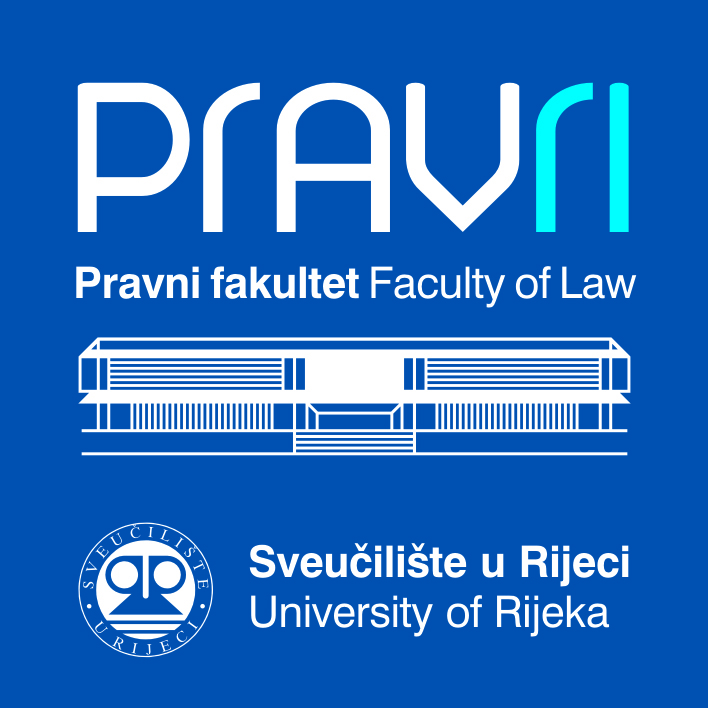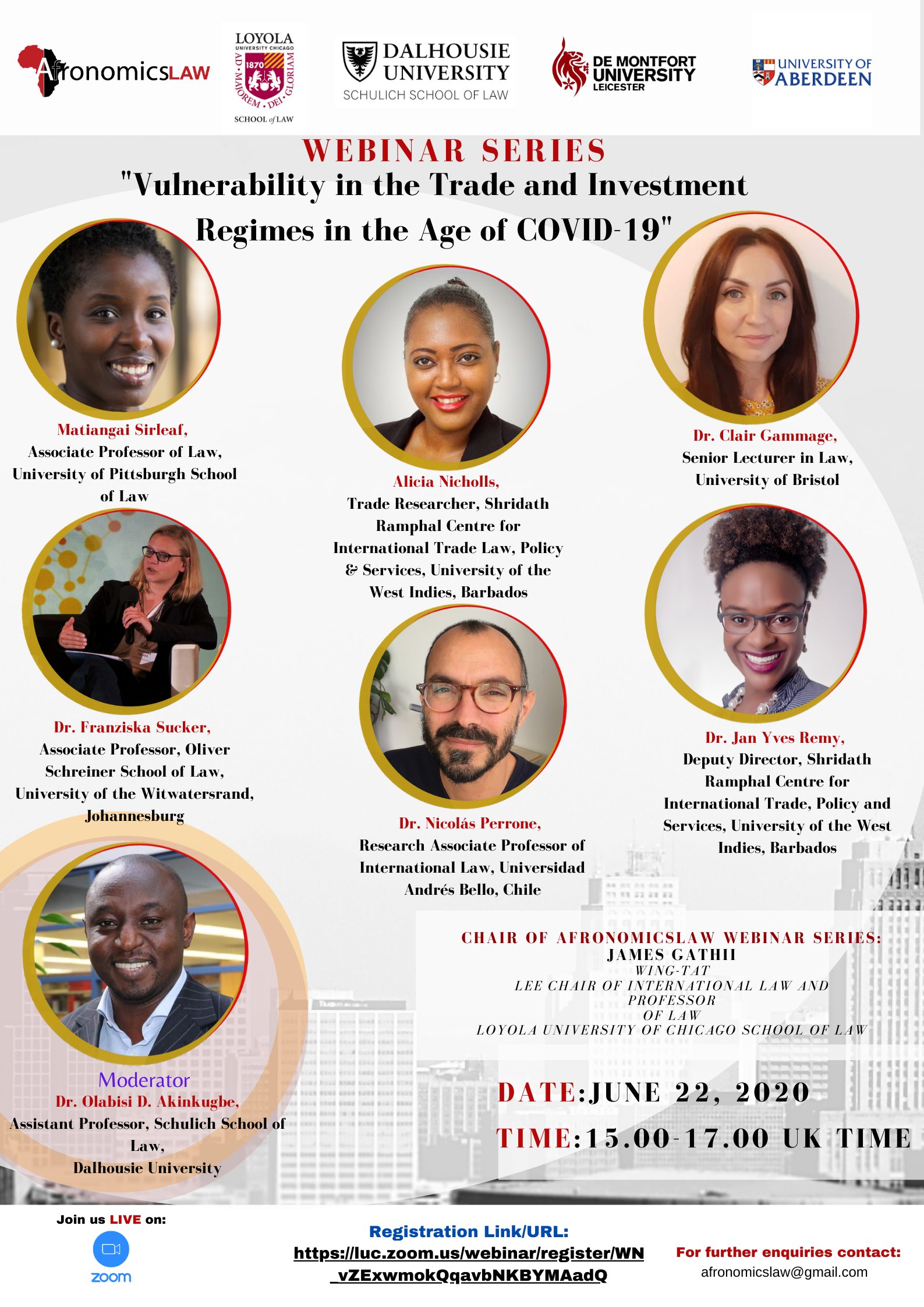by Fieke van Overbeeke, Legal Counsel at the International Institute for International and Foreign Law – the Netherlands and research fellow at the University of Antwerp – Belgium.
On 13 December 2018, the Dutch Supreme Court (Hoge Raad) has submitted a long-awaited preliminary question to the Court of Justice of the EU (C-815-/18): does the Posting of Workers Directive apply to road transport operations? The referring judgment (in Dutch) is available here.
The Posting of Workers Directive (96/71/EC) contains ‘mini’ conflict of laws rules for some important labour law regulations, such as minimum wages. These rules determine i.a. when these labour law regulations are mandatorily applicable in cross-border labour flows in the EU and consequently can have a profound impact on cross-border road transport operations. The aim of the Directive: to balance the free movement of services, worker protection and fair competition.
But why did this preliminary question actually need to be posed? It seems unconventional to assume that this Directive, which generally aims to regulate labour flows in the EU, should not apply to the particular labour flows in the road transport sector. The background of this ambiguity is that the Directive has been developed particularly in view of the labour flows in the construction sector and is tailored accordingly. In this sector, it is often about relatively simple facts: a construction worker usually works in Member State A and is temporarily posted to Member State B to work only in that state. The ‘scope rules’ of the Directive mirror this situation: a part of the labour law regulations of the temporary country of work, other than the country of usual employment, must be guaranteed to the worker (art. 2(1) Posting of Workers Directive).
These ‘scope rules’ are indeed difficult to apply to the atypical labour flows in road transport. There are many different employment models in road transport, but the common denominator is that, in principle, labour is not performed in one temporary country of work, but in a whole number of consecutive ‘very’ temporary countries of work, and, additionally, precisely because of these highly mobile activities it is often impossible to designate a country of ‘usual’ employment.
A perfect illustration is the employment model in the FNV case that forms the basis of the preliminary questions to the Court of Justice EU. In short: a Hungarian transport company posts drivers to a Dutch transport company to carry out transport in and from the Netherlands throughout the EU. The drivers are paid the lower Hungarian salary. The trade union FNV does not agree with the drivers being paid this lower salary and initiates court proceedings against the Hungarian transport companies before the Dutch courts.
Ruling in first instance: the Posting of Workers Directive applies; the ‘where’ scope rule of the Directive also includes the ‘from where’-rule. Consequence: the Dutch (minimum) wage is due. Ruling in second instance: the Posting of Workers Directive does not apply; the Directive cannot be interpreted as that it contains a ‘from where’-rule. Consequence: the Dutch (minimum) wage is not due. The Supreme Court concluded that this is not an acte eclair or éclairé and submitted the case to the Court of Justice EU.
In his conclusion of 30 April 2020, AG Bobek provides his take on the matter: 1. The Posting of Workers Directive applies to the road transport sector; 2. In order to qualify as a ‘temporary country of work’ within the meaning of the Directive, there must be a sufficient connection between the working activities and the country of work (and thus, in a sense, the Directive includes a ‘from where’-rule). E.g. according to the AG, the mere crossing of a territory (transit operations) will, as a rule, not meet the requirement of a sufficient connection, whereas posting drivers from transport company A to B to work in and from the premises of transport company B gives a good indication of a sufficient link. This seems to be good news for the trade union FNV.
AG Bobek’s conclusion is in line with the general assumption of the EU legislator that the Posting of Workers Directive applies to road transport. During the development of the new Posting of Workers Directive in 2018, which explicitly excludes the road transport sector from its scope (for the time being), the EU institutions (Council, Parliament, Commission) stated that the Posting of Workers Directive applies to road transport:
‘The new elements of this Directive will apply to the transport sector once the sector specific legislation (currently under negotiation) enters into force. Until that moment, there is a clear understanding by the three institutions and the Member States that the rules of the 1996 Posting Directive shall apply. This was called into question by a number of Member States in the past.’
From a legal point of view, this outcome can be well substantiated. Among other things, the AG points out that the Posting of Workers Directive fully excludes working activities in the maritime sector from its scope (Article 1(2) Posting of Workers Directive), which could indicate that the rest of the transport sectors are covered.
The AG also rightly rejects the argument that the Posting of Workers Directive does not apply to road transport because its legal basis is the free movement of services, which would not apply to the transport sector because this sector is regulated separately in the transport title of the TFEU (see in particular Article 58(1) TFEU). The AG considers it peculiar to interpret the scope of secondary EU law narrowly, in spite of the clear wording of the specific instrument. Moreover, according to the AG, this could create additional block exemptions, which are not contained, or at least hinted at, anywhere in the text of such a secondary law instrument. The AG then refers to other sectors that are regulated separately in the Treaties, such as public health, energy, tourism or culture and states that it would be a stretch to conclude that the Directive also misses application to working activities in these sectors. Finally, the AG indicates that, in any event, it is generally considered that legislation based on the free movement of services could apply to the transport sector.
The fact that the legal basis of the Posting of Workers Directive has no implications for its applicability to the transport sector was actually long and widely assumed. However, a recent judgement of the CJEU in the Dobersberger case (C-16/18) caused a great deal of confusion in this respect and the AG was therefore obliged to pay more attention to the matter. In the Dobersberger case it was about an employment model in a railway context; more specifically about the catering working activities of Hungarian personnel in trains, plying the route between Hungary, Austria and Germany. In this case, the CJEU starts its reasoning by observing that the legal basis of the Posting of Workers Directive is the free movement of services and that transport activities are regulated by the separate transport title; the Court then considers that catering activities (in a train) do not qualify as transport activities and that the case therefore could be examined in the light of the Posting of Workers Directive. By constructing its reasoning as such, the CJEU strongly suggests that the Posting of Workers Directive cannot apply to transport activities. Fortunately, AG Bobek now clarifies that the CJEU has not explicitly ruled that the Posting of Workers Directive cannot apply to transport activities and to that extent paves the way for the CJEU in the present FNV case to apply the Posting of Workers Directive.
Considering the general assumption of the EU legislator that the Posting of Workers Directive applies to road transport and the strong legal arguments mentioned above, it is to be expected that the Court will follow the AG in this respect.
Now that it has been established that the Posting of Workers Directive may apply to road transport operations, a second question must be addressed: when exactly can we speak of a temporary country of work within the meaning of the Posting of Workers Directive? The AG solves this question by pointing to the requirement of a sufficient link, which must be assessed on a case by case basis and taking into account all specific circumstances.
According to the AG, reference can be given to the interpretation of the habitual workplace criterion in Article 8 of the Rome I Regulation (Regulation 593/2008; the Directive’s ‘big brother’ that determines which employment law as a whole is applicable to the employment contract and to which the Directive can deviate with its mandatory labour law regulations).
In the Koelzsch case (C-29/10), the CJEU has given specific criteria for the interpretation of the ‘habitual workplace’ of Article 8 Rome I in the context of road transport operations, which, according to AG Bobek, is relevant for the definition of the temporary country of work in the Directive, since ‘both instruments seek to ascertain certain types of material connections between the worker and a given Member State’. The CJEU summed up various factors, such as the place: from which the work is carried out, where the work is carried out, where instructions are received, where the work is organised by the driver, where the lorries are parked, where the lorries are unloaded and to which the driver returns. The AG additionally points to the Nogueira case (C-168/10 and C-169/16) and the overall importance of aiming to reflect the ‘true nature of legal relationships’ and to prevent ‘circumvention strategies’.
It is more difficult to predict to what extent the AG will be followed by the Court on this second point. Indeed, the solution proposed by the AG concerning the sufficient link and the wide margin of appreciation can lead to very complex cases, which could turn out to be rather uncertain for transport planning in the sector. In addition, the EU proposal providing clarifications on the application of the Posting of Workers Directive to road transport operations (COM 2017, 278), currently under negotiation in Brussels, will not solve this either, given the primary focus of this proposal on bilateral, crosstrade and cabotage operations (without discussing the employment model of the posting of personnel between companies at all). See yesterday’s post on this blog and here for more information on this proposal.
To summarise: AG Bobek concludes that the Posting of Workers Directive can apply to road transport operations, which means that, i.a., the minimum wages of Member States where the drivers temporarily work must be guaranteed. This is in line with the general assumption of the EU legislator and is well founded in law. It is to be expected that the Court of Justice will follow the AG in this respect.
According to the AG, the criterion of a sufficient link should play an important role in determining the temporary country of work within the meaning of the Posting of Workers Directive. The criteria given by the CJEU in the Koelzsch case with regard to the definition of the ‘habitual workplace’ in the Rome I Regulation can provide guidance in this matter. It is more difficult to predict to what extent the Court will follow the AG regarding this point.
The author is a member of the International Institute for International and Foreign Law, a Hague-based NGO which has been providing legal consultancy to professionals (judges, lawyers, notaries, mediators etc.) regarding private international law and foreign law for over a hundred years.



